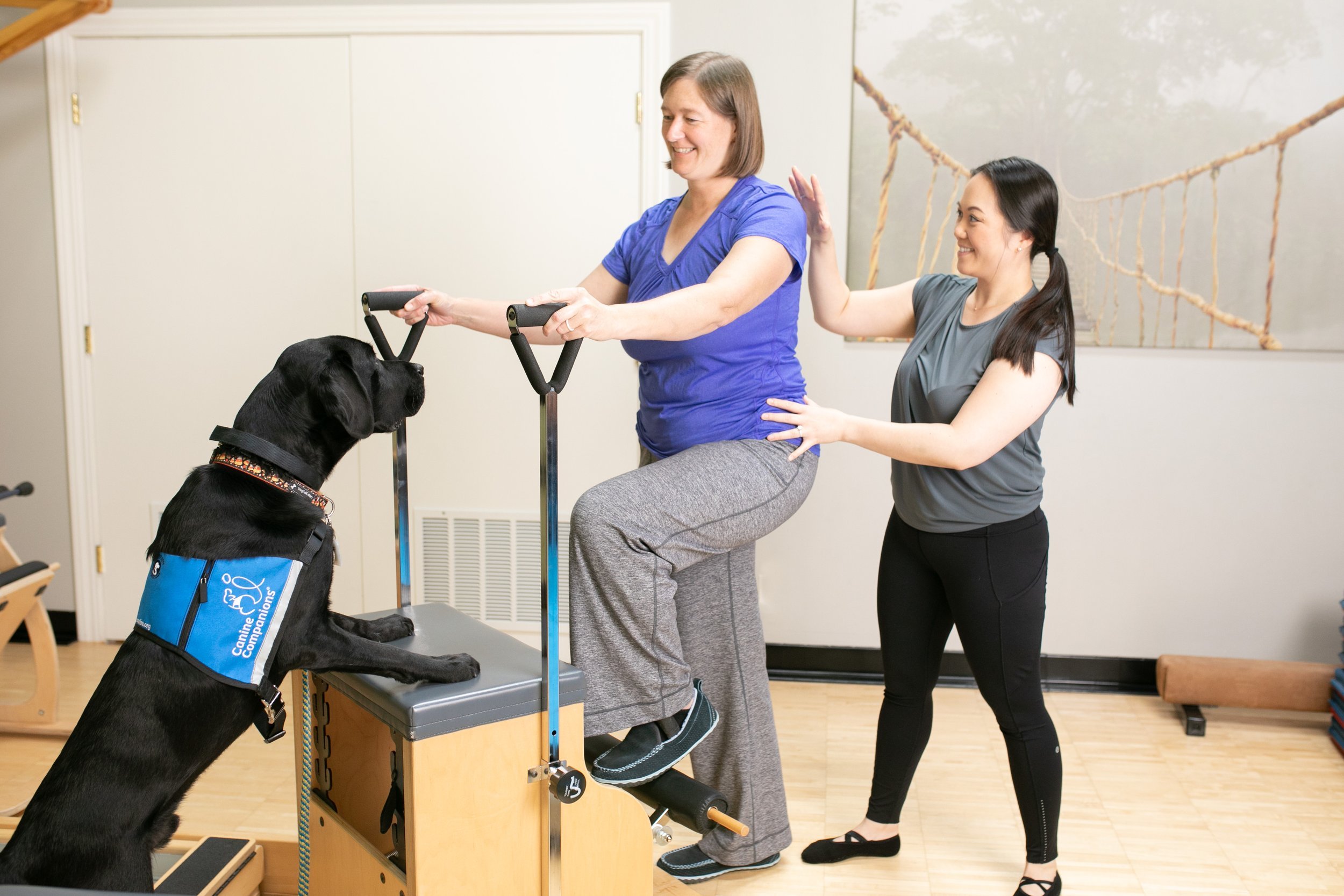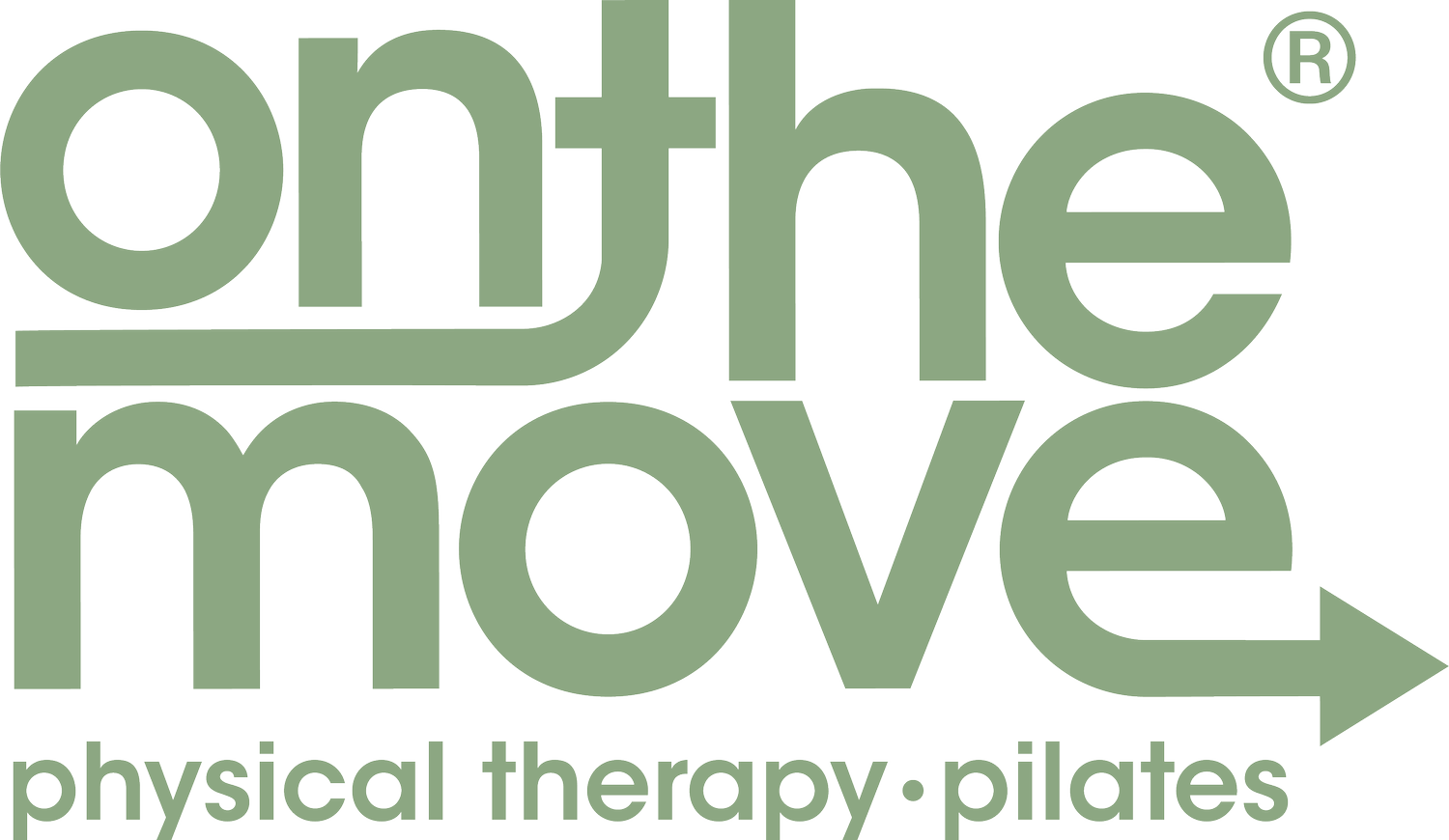
Physical Therapy
Neurological Physical Therapy
Our Neurological physical therapy program is for individuals with a new or chronic neurologic diagnosis who are looking for one-on-one care with a board-certified neurologic specialist to work on their movement goals.
-
Neurologic physical therapy can help you to improve your functional mobility goals and quality of life. Whether this is to improve or maintain your balance, gait, motor control, strength, endurance, and flexibility.
Exercise is known to improve the ability for your brain to re-wire it’s structure and function in response to experience. This is also known as neuroplasticity.
-
Whether you have a new or long-standing neurological diagnosis, schedule a 55 minute Neurological Physical Therapy Evaluation and Initial Treatment to determine your current baseline, allow movement analysis of your strengths and weaknesses, and start with exercises that will best address your individual needs.
We also offer balance and fall prevention visits. This can be scheduled whether you have had a fall before or ideally to learn how to prevent them from occurring in the first place.
-
We will take a look at specific every day movements or daily tasks that you may or may not have trouble with such as walking or getting up and down from a chair. Based on these movements and your goals we will look further at your balance, motor control, strength, endurance, and flexibility. We will start on some exercise that you can do at home and continue further with a treatment plan upon the next visits.
-
The number of visits will depend on the nature of your diagnosis, your specific functional mobility goals, the number of areas of concern, and your time/financial budget.
-
Concussion/Headaches
Sensory integration
Balance training
Movement Disorders
Multiple Sclerosis
Parkinson’s
Spinal cord injury
Traumatic Brain Injury
Brain tumor
Stroke
Peripheral Neuropathy
Dementia
